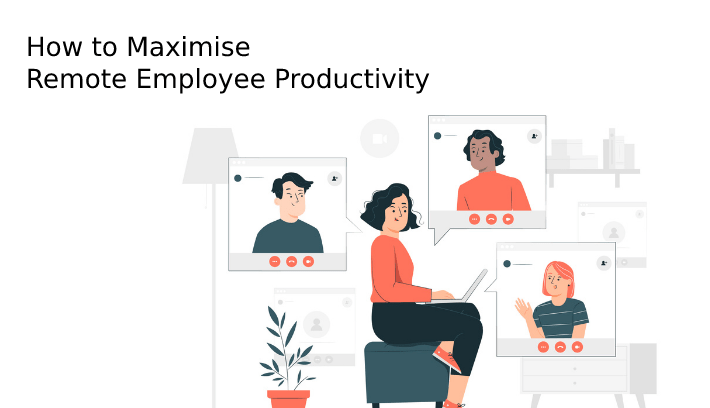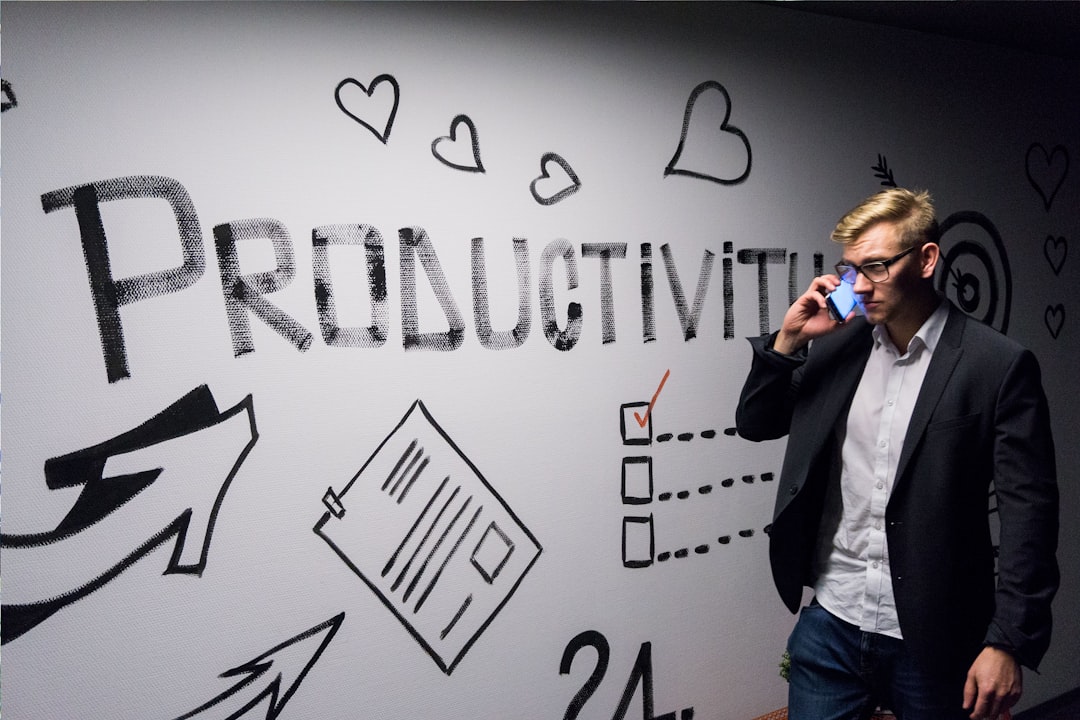
How to Use Facebook to Network and Land Your Next Job Opportunity
Are you strategizing your job search? Do you think, “I need to devote some time to Facebook this week”? Probably not. Facebook isn’t generally the first or even second platform that comes to mind when thinking about finding a job. And why would it? It’s not like job postings regularly bubble through your newsfeed between that cute cat video and that TMI post about an acquaintance’s recent battle with the flu.
But when it comes to an effective and organized job search, you should invest some time in social media platforms for multiple reasons. First, you absolutely need to ensure your profiles enhance your job search, rather than derail it. And second, you can interact with companies online in ways that weren’t accessible to job seekers even a few years ago. While the main focus of social media isn’t career-focused, that might actually be what gives you an advantage over other applicants.
How to Leverage Facebook Effectively
Many studies show that most recruiters research applicants through social media. Your Facebook presence is one way to support your personal brand and grab a recruiter’s attention.
- Ensure Your Profile Has Professional Polish
Make an excellent first impression when you use Facebook for a job search. Adjust your Facebook profile and view it using the “View As” tool, so you know what appears from the viewer’s perspective. This step will alert you to any potential issues that could deem you an undesirable candidate.
Remove any content that a potential employer could misconstrue. You want to ensure your private photos and your religious and political views are set to “private.” Use the “Lists” function to keep your personal life confidential.
Consider your Facebook profile photo and update it to a more professional one. Use the same headshot throughout your online branding, such as your LinkedIn profile, personal website, Slack communities, etc. Ensure you’re paying extra attention to the photo background and your attire in the photo. Mirror the professional image of the company or field you’re interested in.
For best results, update your “Work and Education,” “Professional Skills,” and other profile sections so they support your resume. Do your research, and find the most relevant keywords for you. And if you are looking for a job in a specific locale, make sure you’ve added your city and state as well.
Take the time to develop a brand statement that briefly describes what you do and how you do it, sprinkling in a few interesting and unique details to make it pop. This will help recruiters get a broad perspective of who you are and what you do.
2.Do More Than “Like” a Company’s Page
Research various professional organizations, groups, and companies that align with your job search interests and follow those pages. Associating yourself with these organizations online will build your network, boost your job search potential, and impress future employers with your commitment. Try to get a feel for their culture to ensure an excellent job fit and take a deep dive into their online presence.
You can see the most recently posted jobs on your target company’s profile under the “More” menu drop-down. Also, many companies will regularly publish posts with job openings. You can connect with them by adding meaningful comments on their general posts and engaging with company team members.
Go a step further if they’re your dream company and explore relevant details about them for use in prospective interviews.
- Update Your Status
In the pre-Facebook days, lighting up your network meant announcing to everyone you know that you were on the hunt for a job. That might mean you spent time on the phone, texted, or had a friendly chat in the grocery store. While those methods still work just fine, it’s much easier—and perhaps more effective—to broadcast the specifics of your hunt via status updates on Facebook.
Don’t go overboard, of course, but the more you provide information or even humorous updates about your job search, the more likely you will come to the top of a contact’s mind when something at their workplace opens up. Ensure that you’ve clearly defined what you’re looking for so that if your information does get passed along to a recruiter, they’ll see you’re a perfect match for their opening.
4.Network Through Facebook Groups
From alumni groups to professional interest groups, take advantage of every remotely relevant network to your hunt. In alumni groups, reach out directly to any alumni who work at companies that interest you and nurture that relationship. In professional groups, exchange insider tips, share your advice, and monitor the feeds for jobs posted by community members.
Remember to think beyond your immediate industry to complementary industries too.
- Use Targeted Keyword Searches
Job seekers aren’t the only ones enjoying the ease that social media has brought to job searchers. Employers post jobs on almost every social media platform, including Facebook, to ensure they’re getting their openings in front of as many eyes as possible.
Utilize keywords in the Facebook search feature to find relevant openings. For example, if you’re looking for a hybrid role as a project manager in Ft. Lauderdale, Florida, you might search for “Ft. Lauderdale project manager jobs” and then narrow it down based on the responses.
An important note here is that social media job postings can be rife with scams. Do your due diligence and research to ensure that the company and posting are legitimate and you’re not participating in any risky internet behavior that might compromise your personal information.
Getting a Job Search Boost From Your Profile
The great thing about Facebook is that it can get you one step closer to in-person relationship-building that most often brings people jobs. And it can do this on a grander scale than you could ever get using only face-to-face routes or relying solely on LinkedIn.
One of the best ways to ensure you have a safe and scam-free job search is with StartWorkNow. We have a team of real people who hand-vet each posting to ensure our members are only seeing legitimate and verified job opportunities. Take the tour to discover all of the ways that a StartWorkNow membership can support your remote job search.
Don’t forget to share this article with friends!





